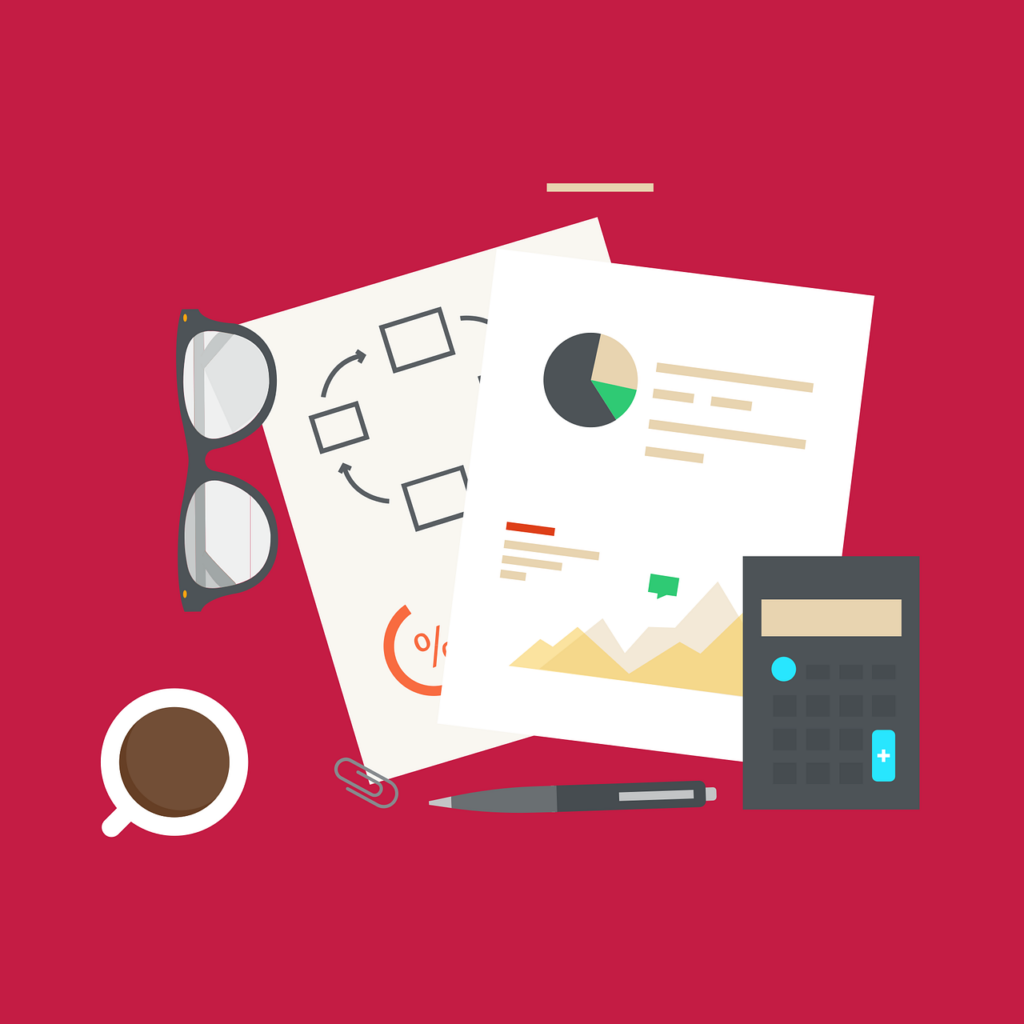
A credit report is a detailed summary of an individual’s credit history. It includes information about the person’s credit accounts, such as credit cards, loans, and mortgages, and how they have been managed over time. Credit reports also contain personal identifying information, such as name, address, Social Security number, and date of birth.
Credit reports are compiled and maintained by credit bureaus, which are companies that collect and store information about consumers’ credit histories. Lenders, credit card issuers, and other entities use credit reports to evaluate an individual’s creditworthiness and to make decisions about whether to extend credit or offer other financial products and services. It’s important for individuals to regularly check their credit reports to ensure they are accurate and up-to-date.
Where Can You Get a Credit Report?
You can get a credit report from one of the three major credit bureaus in the United States: Equifax, Experian, and TransUnion. The easiest and most convenient way to obtain your credit report is to request it online from one or all of these credit bureaus.
Under federal law, you are entitled to one free credit report from each of the three credit bureaus every 12 months. You can request your free credit reports from AnnualCreditReport.com, which is the only website authorized by the federal government to provide free credit reports. You can also request your credit reports directly from each of the credit bureaus’ websites, but you may be charged a fee if you are requesting a report outside of your free annual credit report.
It’s important to review your credit reports regularly to check for errors or fraudulent activity that could affect your credit score and ability to obtain credit in the future.
What are Credit Reports Used For?
Credit reports are used by lenders, banks, credit card companies, and other financial institutions to evaluate an individual’s creditworthiness and to make decisions about whether to extend credit, offer loans, or provide other financial products and services. Specifically, credit reports are used for the following purposes:
- Credit decisions: Credit reports provide information about an individual’s credit history and payment patterns, which lenders use to assess the risk of extending credit to that person.
- Employment decisions: Some employers may check an applicant’s credit report as part of the hiring process to evaluate their financial responsibility and trustworthiness.
- Rental decisions: Landlords may use credit reports to evaluate the creditworthiness of prospective tenants.
- Insurance decisions: Insurance companies may use credit reports to determine the premiums for policies.
- Identity verification: Credit reports contain personal identifying information, such as name, address, and Social Security number, which can be used to verify an individual’s identity.
It’s important to maintain a good credit report by paying bills on time, keeping credit card balances low, and checking credit reports regularly to ensure accuracy and address any errors. A good credit report can help you obtain credit, loans, and other financial products and services at favorable terms and interest rates.
Why is it Important to Monitor Your Credit Report?
It’s important to monitor your credit report regularly to ensure that the information in it is accurate and up-to-date. Here are some reasons why monitoring your credit report is important:
- Detect and correct errors: Credit reports may contain errors, such as incorrect account information or outdated personal information. Monitoring your credit report allows you to detect and correct these errors, which can affect your credit score and ability to obtain credit in the future.
- Identify fraudulent activity: Monitoring your credit report can help you identify any unauthorized accounts or transactions that may indicate identity theft or fraud.
- Improve credit score: Monitoring your credit report can help you identify areas where you need to improve your credit score, such as by paying bills on time, reducing credit card balances, and limiting new credit inquiries.
- Plan for major purchases: If you’re planning to make a major purchase, such as a home or a car, monitoring your credit report can help you ensure that your credit score is in good shape and that there are no errors or fraudulent activity that could affect your ability to obtain credit.
Monitoring your credit report is an important step in maintaining good financial health and ensuring that you have access to credit and other financial products when you need them.
What do Credit Reports Have to do With Identity Theft?
Credit reports play an important role in detecting and preventing identity theft. Identity theft occurs when someone steals personal information, such as your Social Security number or credit card number, and uses it to open new accounts or make unauthorized purchases in your name. Here’s how credit reports are involved in this process:
- Early detection: Monitoring your credit report can help you detect unauthorized accounts or activity, which may indicate that someone has stolen your identity.
- Fraud alerts: If you suspect that your identity has been stolen, you can place a fraud alert on your credit report, which notifies creditors and lenders to take extra steps to verify your identity before opening new accounts or extending credit in your name.
- Credit freezes: You can also place a credit freeze on your credit report, which restricts access to your credit report and prevents new accounts from being opened in your name. This can be an effective way to prevent identity theft, but it can also make it more difficult for you to obtain credit or loans in the future.
Credit reports are a key tool in detecting and preventing identity theft, and monitoring your credit report regularly can help you stay vigilant and protect yourself from this type of fraud. If you suspect that your identity has been stolen, it’s important to take immediate action to report the theft and minimize the damage.